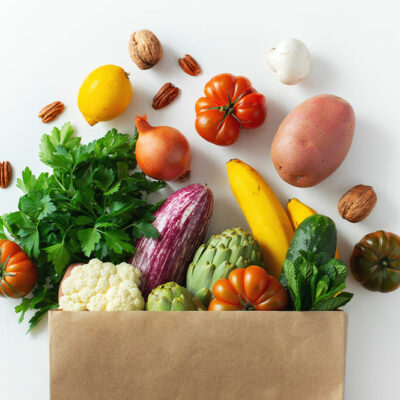
Ulcerative Colitis – Symptoms and Foods to Avoid
Ulcerative colitis is a chronic inflammatory bowel condition. Symptoms of this disease develop gradually with time and affect the inner lining of the large intestine and rectum. As the condition progresses, it can lead to serious, life-threatening complications. Having this condition puts the patient at increased risk of colon cancer. While it has no known cure, certain treatment options can significantly reduce symptoms and bring about long-term remission.
Early warning signs
Given the fact that ulcerative colitis can become life-threatening, it is important to identify its symptoms as early as possible. Here are a few symptoms one should watch out for:
1. Diarrhea and rectal bleeding
Ulcerative colitis can sometimes cause rectal or abdominal pain. It can even cause muscle spasms and cramping.
2. Fever
Studies show that about 40 percent of people with ulcerative colitis are prone to fevers. Do seek medical attention if the fever goes above 103°F (39°C).
3. Anemia
When the bleeding does not stop, it may lead to anemia (a low red blood cell count). It can further lead to more complex symptoms that range from shortness of breath to chest pains, and pale skin.
4. Other symptoms
The other symptoms that pose as early signs of the IBD include joint pains and swellings, mouth swellings, rashes on the skin, and even inflammation of the eye.
Foods to avoid
Quite a few foods can trigger and exacerbate the symptoms of ulcerative colitis. Hence, we recommended eliminating these foods off from one’s daily meals to help prevent or manage the symptoms of the condition.
1. Fiber-rich foods
Though foods rich in fiber have several health benefits, one must eliminate them from their meals if they have ulcerative colitis. Foods rich in fiber, such as fruits, whole grains, dried beans, berries, and peas, may increase bowel movements and gas and worsen cramps in the abdomen.
2. High sulfite foods
Foods such as soy, cider, wine, almonds, peanuts, raisins, and cured meats are high in sulfite. These are minerals that can induce excessive gas in a person, and therefore, increase the symptoms of ulcerative colitis.
3. Vegetables
Vegetables are essential for a healthy lifestyle. However, too many vegetables are harmful and can stimulate the inflammatory condition. They contain high amounts of fiber that are difficult to digest and can cause bloating, abdominal cramps, and even gas.
4. Carbonated drinks
One might want to enjoy a carbonated drink now and then, but even these are bad, as they exacerbate ulcerative colitis symptoms. Sodas and beers are carbonated drinks and can irritate the digestive tract, thus triggering symptoms. Such beverages also contain sugar, artificial sweeteners, and caffeine, which are generally unhealthy and may lead to other health-related issues.
5. Other harmful foods
A few foods to avoid apart from the ones mentioned above include popcorn, potatoes, dairy products, fatty meats, nuts, and sugar. One must also consider cutting down or eliminating alcohol to improve or avoid any signs of the inflammatory condition.


